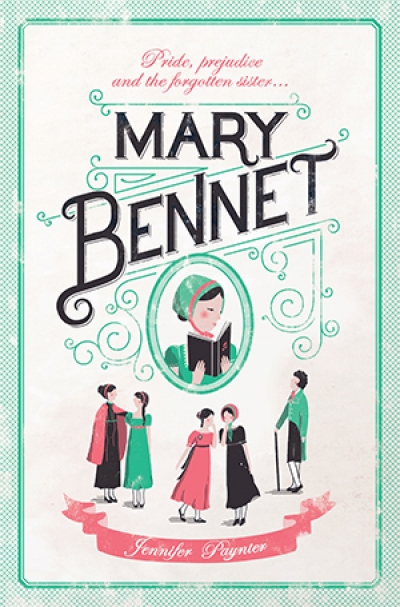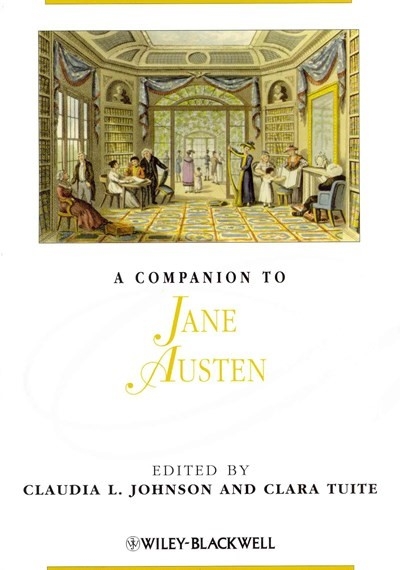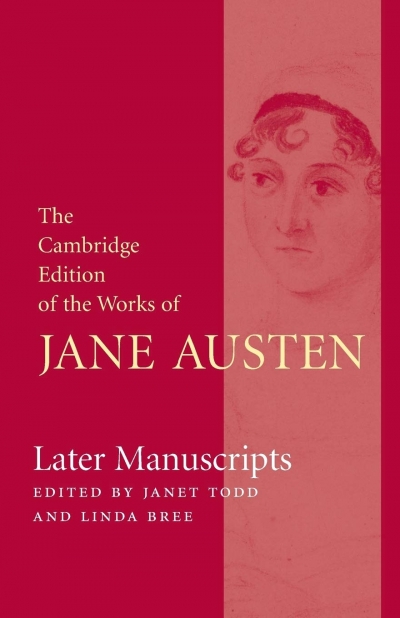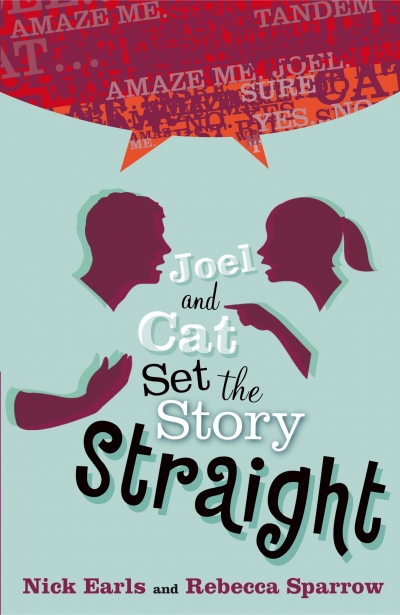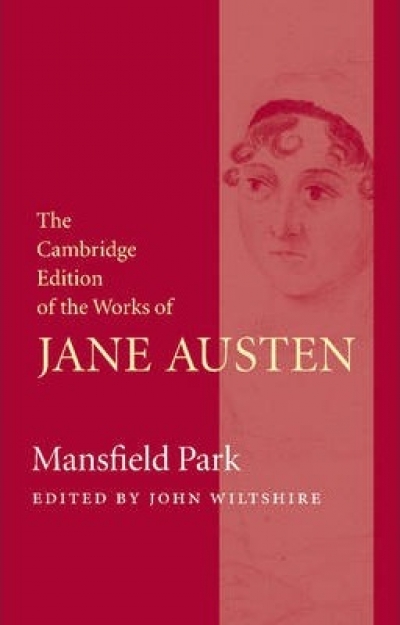Jane Austen
A Companion to Jane Austen edited by Claudia L. Johnson and Clara Tuite & Jane’s Fame by Claire Harman
by Penny Gay •
Later Manuscripts: (The Cambridge Edition of the Works of Jane Austen) edited by Janet Todd and Linda Bree
by Graham Tulloch •
Joel and Cat Set the Story Straight by Nick Earls and Rebecca Sparrow
by Ruth Starke •
While the reading of a book has become a solitary matter, its interpretation remains a convivial task which must be performed anew for each new reader, new age, and new country. The business of criticism is to help us in this task, and from a multitude of judgements to further our understanding of an author’s words for our time. The critic is therefore involved not only with books, but through them with the cultural problems of his society. Critical debates thus become debates about major social issues.
... (read more)
